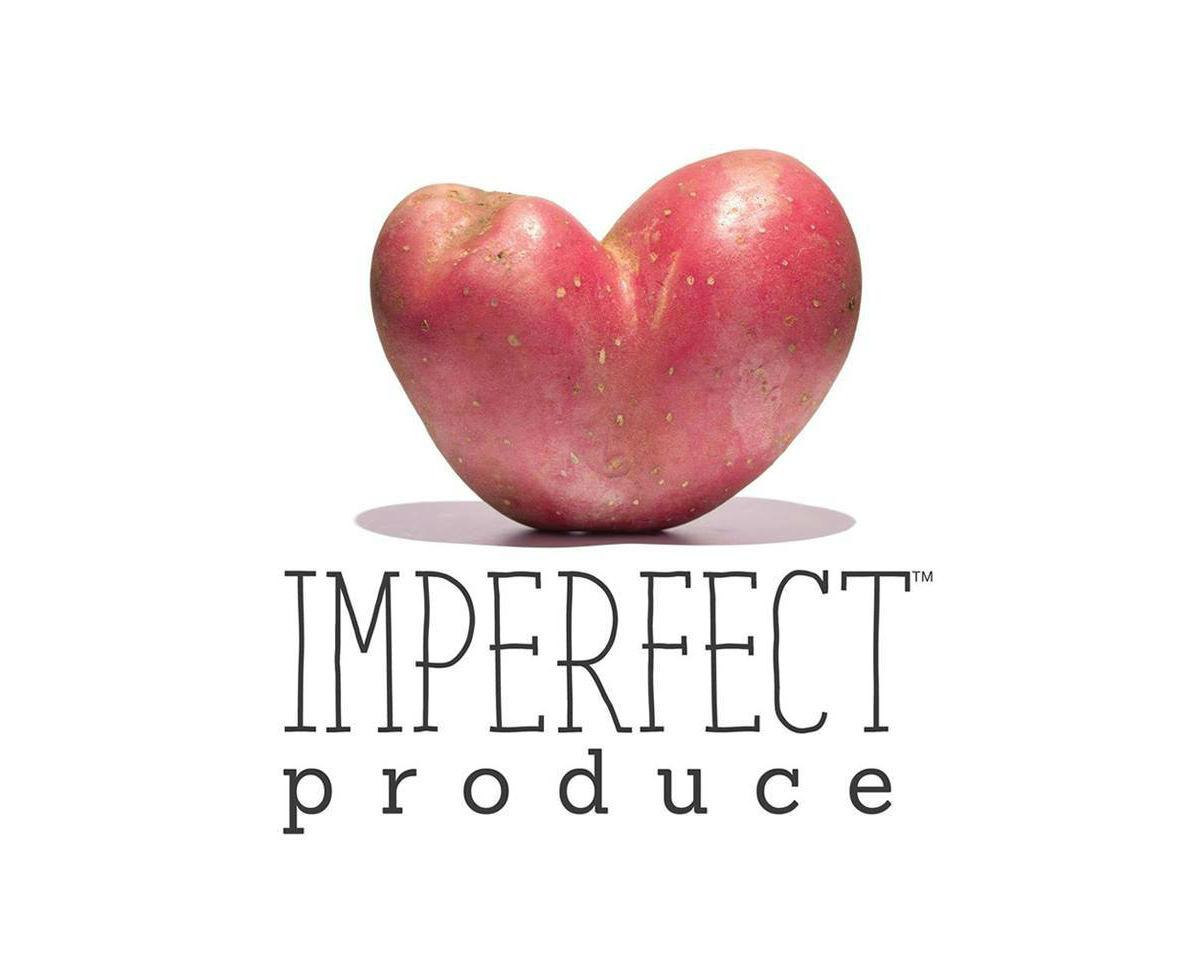
Depending on the source, anywhere from 20 to 40 percent of produce in America ends up wasted. One reason why so many fruit and vegetables are thrown out is because they do not conform to what retailers and consumers believe fresh food should look like. Tomatoes too wide for a hamburger bun, carrots that look like something out of an anatomy textbook, and cucumbers that dare to be curved almost never make the shelves at grocery chains from Walmart to Whole Foods.
But Whole Foods, the supermarket that has arguably made organic and socially-conscious foods mainstream, announced that it will start selling “ugly” fruits and vegetables. As mentioned in a bevy of news sources from USA Today to Fortune, the Austin-based retailer will start selling these misshaped beauties at a discount. Imperfect Produce, a Bay Area startup that delivers oddly-shaped fruits and veggies at a discount in the Oakland and Berkeley areas, will partner with Whole Foods on this new marketing tactic.
Taking credit for this shift is Jordan Figueiredo, an advocate for waste diversion and founder of UglyFruitandVeg.org. After he launched a petition on Change.org last fall and paired it with a social media campaign, Figueiredo claimed a meeting with Whole Foods executives led to this change.
For Imperfect Produce, this agreement with Whole Foods is a sweet victory in its quest to halt the growing problem of food waste. Last year the company launched a partnership with the Northern California grocer Raley’s, but lukewarm consumer interest caused that campaign to sputter and eventually end.
Imperfect Produce’s quest this round should be a (pardon the pun) fruitful venture, largely because Whole Food’s success can be attributed in part to how well it educates its customers on a wide range of issues related to food. In addition, competition coming from all directions, including Safeway and Sprouts Farmers Market, present the retailer with an opportunity to differentiate itself even further within the cutthroat grocery business.
Consumers’ demands for healthful, yet inexpensive foods comprise one reason why the company will launch its price-conscious 365 by Whole Foods Markets stores this year — and a rollout of funky-looking fruits and vegetables could resonate with the crowd expected to shop at these stores. “Produce is a sight to behold,” says Whole Foods’ marketers, and it certainly will be once these oddly-shaped apples, carrots and oranges appear in its stores.
Whole Foods’ experiment follows the lead other retailers have taken on ugly produce and food waste over the past few years. The French chain Intermarche scored worldwide press for its rollout of fresh yet weirdly-shaped produce, a shift made easier by the French government’s passage of a law that bans the disposal and destroying of fresh food. Across the Channel, the venerable British grocer Sainsbury’s started to sell nonconforming produce in 2012. North of the border, the retailer Loblow’s success with its sales of curiously-shaped potatoes and apples convinced the company to expand such offerings even further this month.
All of these companies found that, while it is difficult to change consumers’ habits, the results include the reaping of more profits and, of course, less waste and hunger.
Image credit: Imperfect Produce (Uli Westphal)

Leon Kaye has written for 3p since 2010 and become executive editor in 2018. His previous work includes writing for the Guardian as well as other online and print publications. In addition, he's worked in sales executive roles within technology and financial research companies, as well as for a public relations firm, for which he consulted with one of the globe’s leading sustainability initiatives. Currently living in Central California, he’s traveled to 70-plus countries and has lived and worked in South Korea, the United Arab Emirates and Uruguay.
Leon’s an alum of Fresno State, the University of Maryland, Baltimore County and the University of Southern California's Marshall Business School. He enjoys traveling abroad as well as exploring California’s Central Coast and the Sierra Nevadas.














